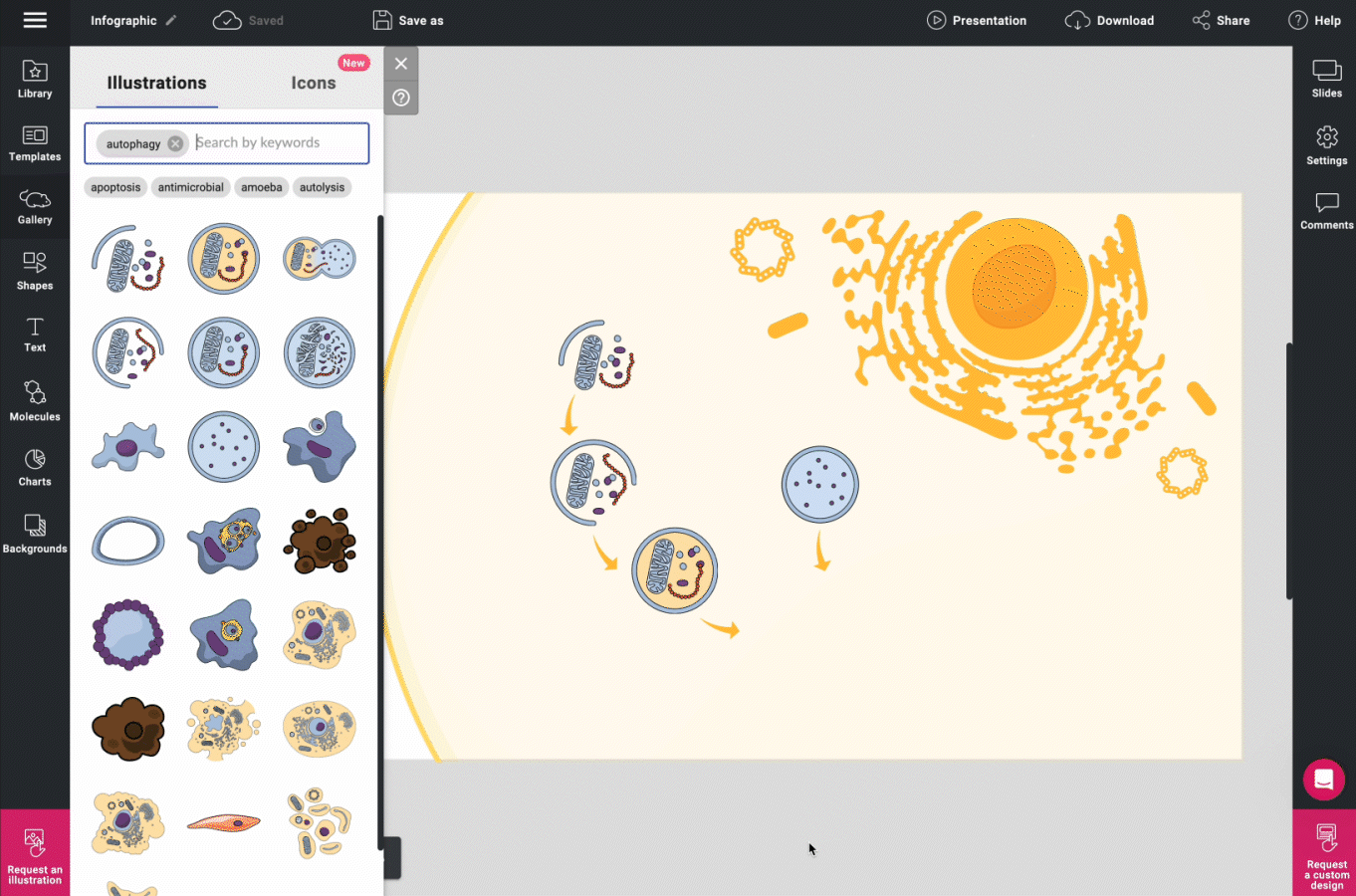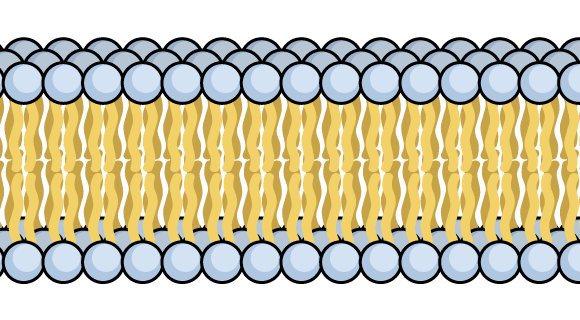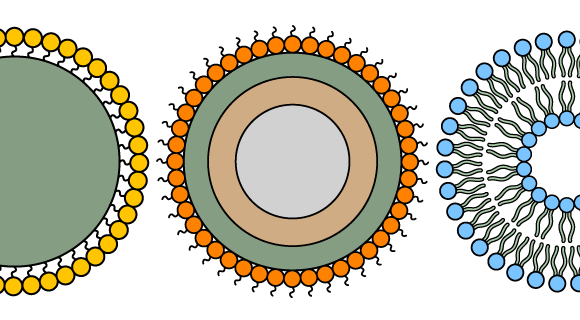Welcome to our comprehensive guide on replication studies, a crucial aspect of scientific research that promotes transparency, rigor, and reliability. In this article, we will delve into the concept of replication studies, explore their benefits, discuss different types of replication, highlight the challenges involved, present best practices, differentiate replicability from reproducibility, examine the impact of replication studies, and address ethical considerations. By the end of this guide, you will have a solid understanding of replication studies and their significance in scientific research.
What Is The Replication Of Studies?
The replication of studies refers to the process of independently reproducing and validating the findings of a previously conducted study. It involves conducting the same experiment or analysis, following the original methods and protocols, to determine if the results can be reliably reproduced. Replication serves as a crucial step in the scientific method, ensuring the robustness and validity of research findings.
Replication studies involve meticulous attention to detail, as even minor deviations from the original study can affect the results. Researchers carefully follow the documented procedures, including experimental setup, data collection, and statistical analysis. Replication extends beyond simply duplicating the study; it seeks to evaluate the reliability and generalizability of the findings, contributing to the cumulative nature of scientific knowledge.
Benefits of Replication Of Studies
Replication studies offer numerous benefits to the scientific community and society. By confirming or refuting previous findings, replication enhances the reliability of scientific knowledge. When multiple independent studies arrive at similar conclusions, it strengthens the confidence in those findings. Replication also allows researchers to identify errors, biases, or limitations in the original study, leading to improvements in experimental design and methodology. Through replication, researchers can validate the practical applications of scientific discoveries, ensuring their efficacy and utility.
Moreover, replication studies serve as an essential quality control measure, preventing the dissemination of flawed or unreliable results. They help to identify instances of publication bias, where studies with statistically significant results are more likely to be published than those with non-significant findings. Replication acts as a check against false positives and provides a more balanced representation of research outcomes.
Replication Of Studies: Understand Its Types
Replication studies can be classified into three primary types: direct replication, conceptual replication, and systematic replication.
- Direct replication involves reproducing the original study as closely as possible to verify its findings. This type of replication provides a rigorous test of the original study’s validity by attempting to replicate its results using the same procedures, materials, and conditions.
- Conceptual replication, on the other hand, focuses on testing the underlying concepts or theories using different methods or approaches. It seeks to determine if the same phenomenon can be observed using alternative experimental designs, measurements, or populations. Conceptual replication strengthens scientific theories by demonstrating their generalizability and robustness across diverse contexts.
- Systematic replication aims to explore the generalizability of a study’s findings across different populations, settings, or conditions. It involves conducting a series of replication studies with deliberate variations to assess the boundaries and limitations of the original findings. Systematic replication helps to identify the factors that influence the reproducibility of results and provides insights into the generalizability of scientific conclusions.
Challenges To Replication Of Studies
Despite its importance, replication faces various challenges that can hinder its widespread adoption and implementation. One significant challenge is publication bias, where journals may prioritize publishing novel or positive results, while replication studies may be seen as less novel or less likely to yield positive outcomes. This bias can limit the availability of replication studies and skew the scientific literature towards overestimated effect sizes or false-positive results.
Selective reporting is another challenge, where researchers may choose to report only the most favorable or significant results, leaving out non-significant findings or unsuccessful replication attempts. This can create a distorted representation of the true state of knowledge and hinder the replication process.
Inadequate documentation of methods and procedures in the original study can pose challenges to replication. Without clear and detailed information about the experimental design, data collection, and analysis, replicators may struggle to reproduce the study accurately. Insufficient access to raw data and materials further compounds this issue, as replication studies heavily rely on the availability of complete and transparent information.
Resource constraints can also impede replication efforts. Replication studies often require significant time, funding, and access to specialized equipment or expertise. These limitations can deter researchers from conducting replications or result in underpowered replication attempts, compromising the reliability and generalizability of the findings.
Addressing these challenges requires collective efforts from the scientific community. Journals and funding agencies can play a crucial role by promoting the publication and funding of replication studies. Transparent reporting guidelines and data-sharing policies can facilitate the replication process and encourage open science practices. Additionally, incentives and recognition for conducting replications should be established to promote a culture of replication.
Best Practices for Replication Of Studies
To facilitate effective replication, certain best practices should be followed. These practices aim to maximize the transparency, rigor, and reliability of replication studies. Implementing these guidelines can help address the challenges mentioned earlier and ensure that replication studies contribute meaningfully to scientific progress:
- Pre-registering replication studies is a recommended practice to enhance transparency. By publicly registering the replication plan, including the study design, hypotheses, and analysis plan, researchers can minimize the influence of confirmation bias and prevent post hoc modifications that may bias the results.
- Open science principles, such as data sharing and code availability, should be embraced in replication studies. Making raw data, materials, and analysis code accessible allows others to examine the study’s procedures and verify the results independently. This transparency enhances the replicability and reproducibility of the research.
- Conducting power analysis is essential to ensure an adequate sample size in replication studies. Power analysis helps determine the number of participants needed to detect meaningful effects accurately. Underpowered replications can lead to inconclusive results and hinder the assessment of the original findings’ robustness.
- Robust statistical analysis methods should be employed in replication studies. Properly applying statistical techniques ensures the accurate interpretation of the data and minimizes the likelihood of Type I or Type II errors. Researchers should consider consulting with statisticians or experts in the field to ensure appropriate analysis.
- Collaboration and communication between the original authors and replicators can greatly enhance the replication process. Establishing constructive dialogue promotes a collaborative environment where clarifications, discussions, and feedback can be exchanged. This interaction can lead to a deeper understanding of the original study and help address any discrepancies or uncertainties during replication.
What Is The Difference Between Replicability And Reproducibility?
Replicability and reproducibility are two terms often used interchangeably but have distinct meanings.
Replicability
Refers to the ability to obtain consistent results when an experiment is repeated under the same conditions. It focuses on the exact replication of the original study, following the same procedures, materials, and settings. Replicability aims to verify the initial findings and assess the stability and reliability of the results within the specific experimental context.
Reproducibility
Focuses on obtaining consistent results using different data or methods. It emphasizes the generalizability of the findings beyond the specific experiment or dataset. Reproducibility examines whether the same conclusions can be reached when different researchers, using independent data or alternative approaches, arrive at similar results. It assesses the robustness of the findings and their applicability to different contexts or populations.
Both replicability and reproducibility are vital aspects of scientific research.
While replicability ensures the internal validity of a study by verifying the consistency of results within the same experimental conditions, reproducibility strengthens the external validity by assessing the generalizability and reliability of the findings across different conditions or data sources.
Achieving both replicability and reproducibility requires transparent reporting, comprehensive documentation of methods, and sharing of data and materials. Replicability establishes the foundation for reproducibility, as studies must first demonstrate consistent results within their specific context before exploring their broader applicability.
Impact of Replication Studies
Replication studies have a profound impact on scientific research and academia. They contribute to building a robust knowledge base, safeguarding against erroneous or false claims, and improving research practices. Through replication, scientific findings undergo rigorous scrutiny and validation, strengthening the overall credibility and reliability of research.
One of the key impacts of replication studies is the identification of erroneous or irreproducible results. The replication process allows researchers to uncover potential errors, biases, or limitations in the original study. It serves as a self-correcting mechanism that helps rectify flawed or misleading findings, preventing their perpetuation in the scientific literature and subsequent decision-making processes.
Replication studies also play a pivotal role in theory development and refinement. By independently verifying or challenging existing findings, replication contributes to the cumulative nature of scientific knowledge. When multiple replications consistently support the original results, confidence in the underlying theories increases. Conversely, if replications fail to reproduce the original findings, it prompts further investigation and refinement of the theoretical framework.
Moreover, replication studies enhance the transparency and credibility of the scientific process. By openly sharing data, materials, and methods, researchers promote the principles of openness, accountability, and reproducibility. Replication contributes to the growth of open science practices, facilitating collaboration, and allowing for a more comprehensive understanding of research findings.
Replication also has practical implications in fields where research findings inform policy decisions or have significant societal impacts. By subjecting influential studies to replication, policymakers can make informed decisions based on robust and reliable evidence. Replication studies provide a valuable checkpoint to ensure that policies and practices are grounded in trustworthy scientific knowledge.
Ethical Considerations In Replication Studies
Ethical considerations play a vital role in the design and conduct of replication studies. Replicators must obtain appropriate permissions and approvals, especially when working with human subjects or sensitive data. Respecting intellectual property rights is essential, as replication studies build upon the work of others. Proper attribution and acknowledgment of the original authors’ contributions should be ensured.
When facing your studies, keep this in mind:
- Confidentiality and privacy protection are crucial ethical considerations when accessing and using data from previous studies. Replicators must handle data securely and adhere to relevant data protection regulations. Anonymization and de-identification techniques should be employed to safeguard the privacy of participants and ensure compliance with ethical standards.
- Transparent reporting is an ethical obligation in replication studies. Replicators should clearly communicate their methods, procedures, and results to allow others to scrutinize and verify their work. Full disclosure of any discrepancies or deviations from the original study is essential for maintaining scientific integrity and preventing misleading interpretations.
Furthermore, replicators should be mindful of potential conflicts of interest. Transparency regarding funding sources, affiliations, and any competing interests is crucial for maintaining objectivity and trustworthiness. Awareness of potential biases and proactive measures to mitigate them, such as independent oversight or blind replication protocols, should be incorporated into the replication process.
In conclusion, replication studies are indispensable for advancing scientific rigor, enhancing the reliability of research findings, and promoting transparent and accountable scientific practices. By embracing best practices, addressing challenges, and upholding ethical considerations, replication studies contribute to a robust and trustworthy scientific knowledge base, fostering confidence in research outcomes and promoting evidence-based decision-making.
For a more in-depth exploration of reproducibility in scientific research, we recommend reading the article ” The Importance of Reproducibility in Scientific Research” here.
Your Creations, Ready Within Minutes!
Mind the Graph is an online platform that provides scientists and researchers with an easy-to-use tool to create visually appealing scientific presentations, posters, and graphical abstracts. It offers a wide range of templates, pre-designed icons, and illustrations that researchers can use to create stunning visuals that effectively communicate their research findings.


Subscribe to our newsletter
Exclusive high quality content about effective visual
communication in science.




